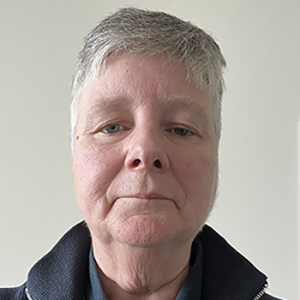
Gillian Johnston
School Manager & Graduate Administrator
Newman Building Room D501
The UCD School of Philosophy also offers a minimum two-year combined Higher Diploma and MA programme designed for graduates from other subjects without any background in philosophy.
In the first year you will take 60 (or 70, depending upon your previous studies*) credits worth of existing undergraduate modules in two to three semesters. If you do well enough on these modules, you will automatically be offered a place in one of our regular taught MA programmes, and you will spend the second year doing this with other MA students.
The conversion programme gives you the necessary background in philosophy without spending the full three undergraduate years on it. And if you discover that philosophy is not for you, you can withdraw from the programme after completing the required modules.* Assuming you have passed all of the modules you will still be awarded a Higher Diploma in Arts (HDip) degree.
In formal terms, you first apply to the programme called the Higher Diploma in Arts, which is the programme on which you will initially be registered. Once your application is successful, then you must choose at least 60 credits* from the available undergraduate modules, of which
In order to progress to the second year of the conversion programme, you must pass all of the modules taken with an overall average mark of B– (GPA 3.2). This final GPA calculation is normally available by the end of May in a given academic year. PLEASE NOTE: Applications for the Higher Diploma are only open between June 1st and July 1st of any given year.
The second year of the programme is a regular MA programme, and you will be invited to choose one of our several different programmes. At this point you become an MA student, taking 60 credits of MA modules with the other MA students, and write the full 12,000–15,000-word MA dissertation, which is due by the middle of August.
Most undergraduate students take first-year philosophy modules to see what philosophy is all about. Since the conversion programme is accelerated without the “thinking time” of the first year modules, you are strongly encouraged to do some preparatory reading in philosophy before you begin. Here are some good introductions to philosophy, all available through Amazon:
For further information about the HDip+MA conversion programme, its requirements, and its application procedures, please contact the School Manager.

Newman Building Room D501
UCD Philosophy is ranked among the Top 100 Departments of Philosophy worldwide (QS World University Rankings 2017, 2018, 2021, 2023–2025)